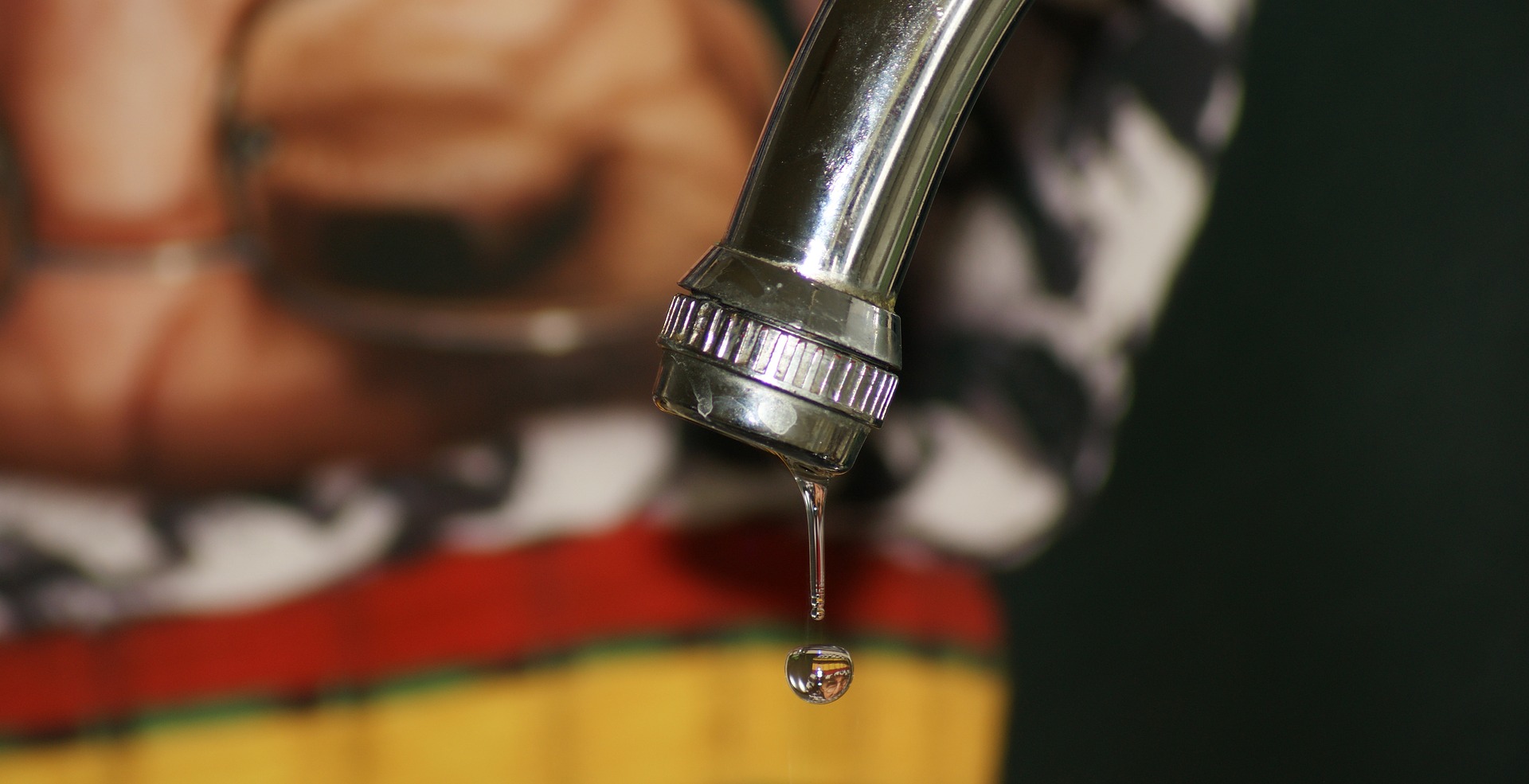
Your home’s plumbing system works tirelessly behind the scenes, providing water for daily activities like cooking, cleaning, and bathing. But when issues arise, they can quickly escalate into costly repairs if left undetected. Regular plumbing inspections are a proactive way to maintain your system, catch potential problems early, and save money in the long run.
1. Why Are Plumbing Inspections Important?
Plumbing systems are complex networks of pipes, fixtures, and appliances that can deteriorate over time. Regular inspections help identify issues before they turn into expensive emergencies.
Key Benefits:
- Early Detection: Small leaks or corrosion are easier and cheaper to fix before they cause significant damage.
- Extended System Lifespan: Regular maintenance ensures your pipes and fixtures remain in good condition.
- Peace of Mind: Knowing your properly functioning plumbing system reduces stress and unexpected disruptions.
2. Common Problems Identified During Inspections
Professional plumbing inspections can uncover many issues that might go unnoticed until it’s too late.
Problems to Look For:
- Leaks: Even minor leaks can waste gallons of water and cause structural damage.
- Clogs: Slow drains and recurring blockages may indicate buildup or debris in your pipes.
- Pipe Corrosion: Aging pipes can weaken, leading to leaks or bursts.
- Water Pressure Issues: Low water pressure could point to hidden leaks or clogs in the system.
Fact: The EPA estimates household leaks waste nearly 40,000 litres of water annually. Inspections can help eliminate this waste.
3. How Often Should You Schedule an Inspection?
The frequency of plumbing inspections depends on your home’s age, location, and water usage. However, an annual inspection is a good rule of thumb for most households.
Specific Scenarios to Consider:
- Older Homes: Homes with ageing plumbing systems may need more frequent checks.
- Hard Water Areas: Hard water can cause mineral buildup, requiring regular maintenance.
- Before a Move: An inspection can uncover hidden issues if you’re buying or selling a home.
4. What to Expect During a Plumbing Inspection
A professional plumber will thoroughly evaluate your system, checking for signs of wear, damage, or inefficiency.
Inspection Checklist:
- Pipes and Fittings: Look for leaks, corrosion, or damage.
- Water Heater: Check for sediment buildup, leaks, and proper functioning.
- Fixtures: Test faucets, toilets, and showers for proper operation.
- Sewer Lines: Use cameras to inspect underground pipes for clogs or tree root intrusions.
Pro Tip: A detailed inspection report can help you prioritize repairs and maintenance tasks.
5. How Inspections Save You Money
While inspections may seem like an added expense, they can save you hundreds—or even thousands—of dollars by preventing major repairs.
Cost-Saving Benefits:
- Avoiding Water Damage: Early leak detection prevents costly repairs to floors, walls, and ceilings.
- Lower Utility Bills: Fixing leaks and optimizing water usage reduces monthly bills.
- Prolonging Appliance Lifespan: Regular maintenance ensures your water heater and other appliances operate efficiently.
Fact: Fixing a small leak can cost as little as $150, while water damage repairs can range from $2,000 to $5,000.
6. Protecting Your Home’s Water Quality
Inspections also play a vital role in maintaining clean, safe water for your family. Corroded pipes, backflow issues, and sediment buildup can compromise water quality, leading to health risks.
What Plumbers Check:
- Signs of rust or contaminants in pipes.
- Proper functioning of backflow prevention devices.
- Sediment levels in water heaters.
Pro Tip: If you notice discoloured or foul-smelling water, schedule an inspection immediately.
7. DIY Checks vs. Professional Inspections
While homeowners can perform basic checks, professional inspections offer a more comprehensive evaluation. Plumbers have the tools and expertise to identify problems you might overlook.
DIY Tasks:
- Check for visible leaks under sinks or near appliances.
- Test water pressure using a gauge.
- Inspect exposed pipes for signs of wear.
Professional Tools:
- Video Cameras: For sewer and drain inspections.
- Moisture Meters: To detect hidden leaks.
- Pressure Gauges: To measure water flow accurately.
Tip: Combine DIY maintenance with annual professional inspections for the best results.
8. Plumbing Inspections for New Homeowners
If you’ve recently purchased a home, scheduling a plumbing inspection should be a top priority. It ensures you know the system’s condition and can address any issues before they worsen.
Why It’s Essential:
- Uncover Hidden Problems: Sellers may not disclose all plumbing issues.
- Plan for Upgrades: Knowing the age of pipes and fixtures helps you plan for replacements.
- Avoid Surprises: Prevent unexpected expenses after moving in.
9. The Role of Inspections in Preventing Emergencies
Plumbing emergencies, like burst pipes or sewer backups, can be devastating. Regular inspections minimize the risk of these situations by addressing vulnerabilities in your system.
Common Emergencies Prevented:
- Burst Pipes: Inspections reveal weak or corroded pipes.
- Sewer Backups: Camera inspections catch blockages before they cause backups.
- Water Heater Failures: Regular maintenance prevents tank leaks and inefficient heating.
Pro Tip: If you experience frequent plumbing issues, it’s time to consider a more in-depth inspection.
10. Why Choose Professional Inspections?
Hiring a professional plumber for your inspections ensures a thorough system evaluation. With their expertise, you’ll gain insights into potential issues and receive tailored recommendations for maintenance and repairs.
Benefits of Professional Inspections:
- Accurate diagnosis of problems.
- Access to advanced tools and technology.
- Peace of mind knowing your system is in good hands.
Super Brothers provides comprehensive plumbing inspections to help homeowners protect their systems and avoid costly repairs. Our team is dedicated to delivering reliable service, ensuring your home’s plumbing stays in top shape.
Final Thoughts
Plumbing inspections are a small investment with significant benefits, from preventing emergencies to saving on long-term repair costs. Whether maintaining an existing system or moving into a new home, regular inspections provide peace of mind and protect your property.
Don’t wait until a minor issue becomes a significant problem. Schedule a professional plumbing inspection to keep your system running smoothly and your home safe from water damage.




 POSTED BY
POSTED BY 

